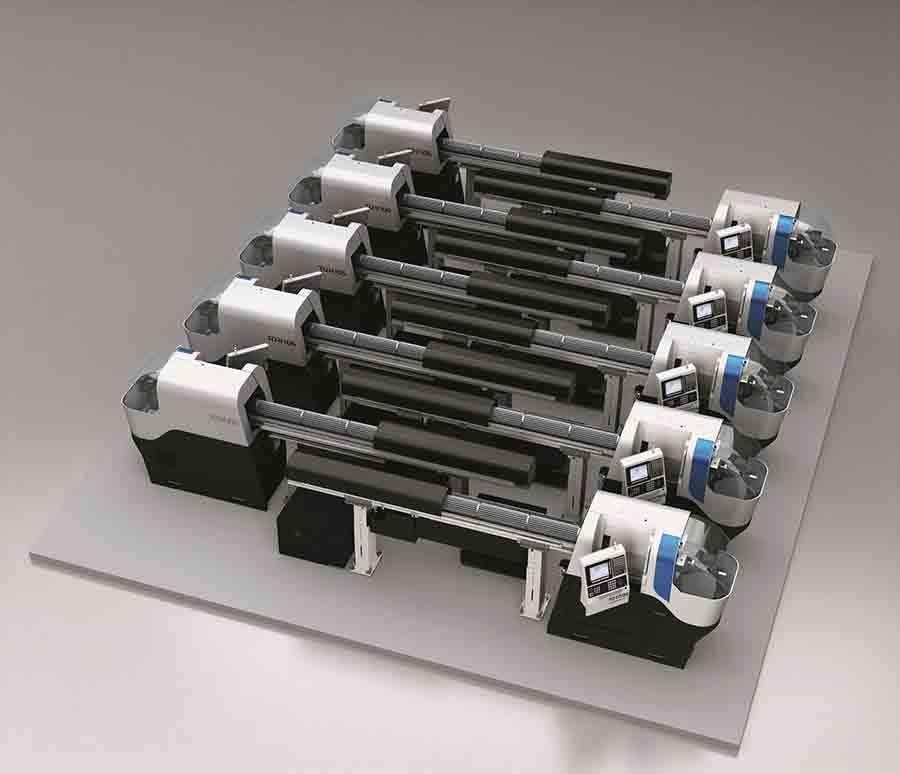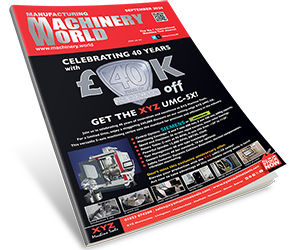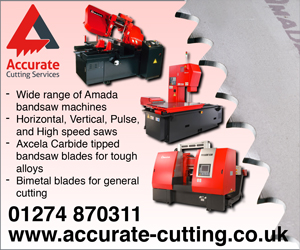The SwissNano 7 sliding headstock lathe has proven its worth for many customers and it excels in the machining of parts for the medical, dental, electronics and the micro-mechanics industries. It can optimise workpiece production in workshops, but how does it do this?
First and foremost is the floor space. This aspect is very eye-catching. With its length of 3m and its 1m width, the SwissNano 7 is extremely compact. This machine configuration even includes a high-pressure pump. So, a workshop can accommodate 10 machines on a floor space of less than 80 square meters. Since the machines have spindles equipped with optimised motor drives, heat dissipation is very low. The workshop benefits from this in terms of reduced power consumption and less technical effort required to dissipate heat. For workshops with air conditioning, the electricity bill will be much lower.
To enhance the characteristics in terms of machine heating and dissipation, the spindles are equipped with an integrated cooling circuit. To optimise the thermal characteristics, both the spindles and the rotating guide bush are provided with ceramic bearings.
Thermal behaviour
The SwissNano has short thermal circuits. This is the basis of a machine concept that mainly consists of a symmetrical cast-iron core that allows perfect control over thermal variations of the machine, with quite simple results. According to various customers interviewed, the stabilisation of the SwissNano 7 sliding headstock lathe takes no more than 5 minutes, even under the most adverse conditions such as cold machine shops. So, this small machine can provide maximum productivity from the very first workpiece produced. In addition to its favourable thermal behaviour, the machine offers the utmost in rigidity. The wear resistance of the tools is excellent and permits cost savings and tool life enhancements of more than 30%. The structure of the machine and its base is simply perfect; it provides quick stabilisation and ultra-rigidity.
Production efficiency
During the production process, the SwissNano 7 machine retains exceptional dimensional stability and the utmost in productivity levels. Thanks to its compact footprint, its tooling system and kinematic system enable the machine to achieve a higher productivity rate than more complex and more expensive machines. The differences have been instantly identified by one of the first customers of the SwissNano 7. They recognised how the SwissNano 7 produces 650 parts per shift and achieves a daily throughput of 1300 workpieces, given the fact that the company is operating in 2 shifts. The previous machine from a famous European manufacturer of automatic lathes had two supplementary tool systems and a theoretically higher performance…but could only produce 350 parts per shift.
In this case, the small SwissNano 7 is 85% faster. One could also say that the customer needs three competitor machines to achieve the annual production of one SwissNano 7 machine. Furthermore, the thermal stability ensures the SwissNano’s scrap rate is much lower.
Workpiece quality and unloading
Thanks to its pooled machining capabilities, the SwissNano 7 sliding headstock lathe allows a drastic scrap rate reduction. The extremely well-designed machine core contributes to the overall quality of the machine. Often, it is very difficult to unload parts correctly without damaging them. The SwissNano 7 offers an excellent solution.







